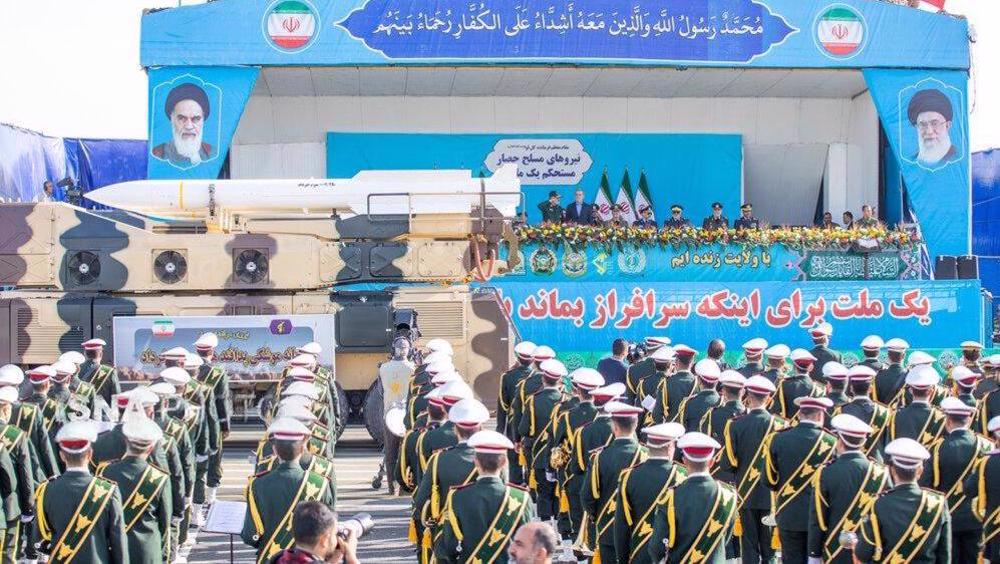UPDATES
The Economist discusses al-Jazeera’s biases
March 12, 2013 | Sharyn Mittelman

Al-Jazeera‘s credibility as an editorially independent news provider is increasingly under the spotlight. AIJAC has previously blogged about growing concerns that al-Jazeera, owned by Qatar, is being used by Qatar to promote its foreign policy interests – in particular the rise of the Muslim Brotherhood and Sunni Islamism generally. There have also been reports of journalists resigning from al-Jazeera citing its lack of editorial independence.
Now the Economist has endorsed these concerns in its piece “The Muslim Brotherhood: It’s hard being in charge”. The article notes that despite the early success of the Muslim Brotherhood in the beginning of the ‘Arab Spring’, the Brotherhood’s popularity is now falling, and with it, the popularity of a key sponsor – al-Jazeera:
“Al Jazeera, the Qatar-based satellite television channel, was meanwhile becoming an increasingly bold proponent of Ikhwan [Muslim Brotherhood] causes. Its widely watched programmes cheered on the uprisings, granting privileged airtime to Islamist leaders. Two powerful non-Arab countries, Iran and Turkey, offered starkly contrasting models of Islamist rule, with Turkey, an Al Jazeera favourite, backing a model closer to the Brothers. Western diplomats urged that it was time to embrace the Ikhwan….
Al Jazeera, the Brothers’ faithful mouthpiece, has also seen its ratings plunge, ironically in part due to its success in fostering freedoms that have brought a surge of new local channels. Al Jazeera’s main Arabic broadcast no longer ranks among the ten most-watched in Egypt, for example. Qatar, its tiny, oil-rich sponsor, no longer basks in the Islamists’ popularity. A counter-campaign has widely succeeded in tarring the Gulf emirate with the brush of meddling in other countries’ affairs, promoting the Brotherhood and using its vast wealth to buy up national assets cheaply.”
The issue of al-Jazeera’s credibility is highly relevant to Australia given that al-Jazeera material is being widely aired on Australia’s public broadcasters as part of their news and current affairs programs. Unlike al-Jazeera, Australian public broadcasters have a legal obligation to remain professional and unbiased. SBS airs al-Jazeera English news for half an hour each weekday, and both ABC and SBS use al-Jazeera English reports and footage in their news broadcasts regularly.
Sharyn Mittelman
Tags: Media/ Academia





